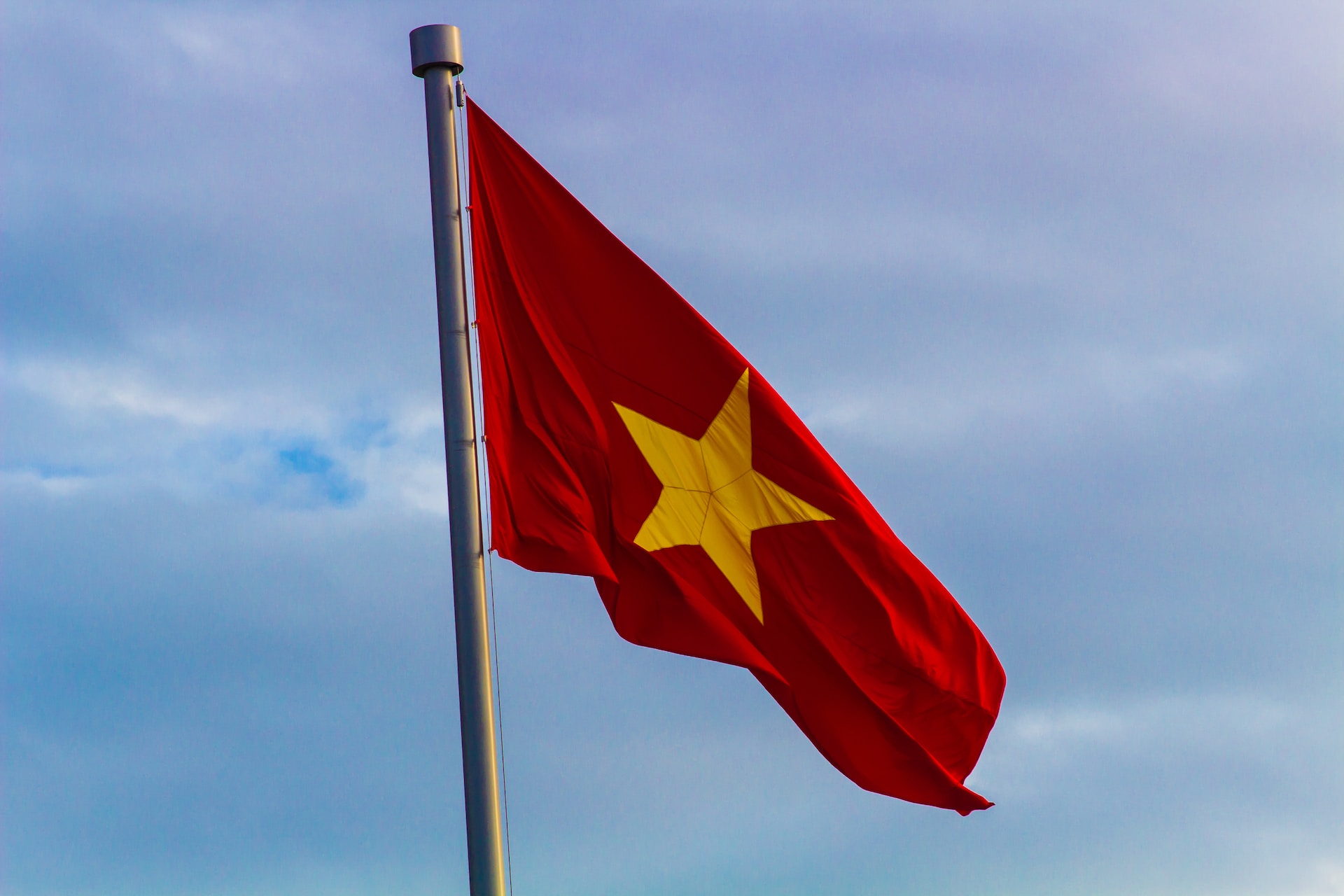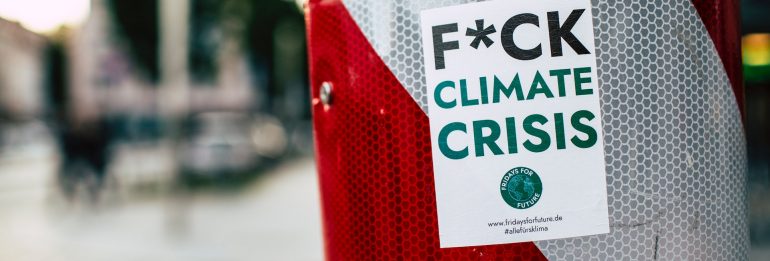Vietnam's recent foray into multi-billion dollar clean energy deals with the world's richest nations has cast a glaring spotlight on its domestic political landscape, where at least five prominent climate activists have been incarcerated in the past two years.
A Controversial Conviction
Last week, a court in Ho Chi Minh City handed down a three-year jail term to Hoang Thi Minh Hong, a prominent 50-year-old environmental advocate. She was charged with avoiding taxes of about $275,000 related to her eco-organization, CHANGE. Despite her admission of guilt leading to a brief trial, the decision has caused international concern. Additionally, she was penalized with a fine of approximately $4,100 (equivalent to 100 million Vietnamese dong). Ben Swanton from The 88 Project charity criticized the judgment, suggesting it was another instance of the legal system being misused against environmental campaigners.
The Larger Pattern
The case is neither isolated nor novel. Just two weeks prior, authorities detained Ngo Thi To Nhien, head of the Vietnam Initiative for Energy Transition—a reputed energy policy institute. Notably, Nhien was instrumental in providing technical expertise to craft the Just Energy Transition Partnership (JETP), an ambitious $15.5 billion clean energy deal signed between Vietnam and a consortium of G7 nations along with the EU, Norway, and Denmark.
This growing trend of silencing environmental voices raises a pertinent question: Why is a nation, keen on forging clean energy ties internationally, suppressing its homegrown champions of the cause?
International Outcry
The United States has expressed its profound apprehension over Hong's conviction. “We urge Vietnam to ensure its actions are consistent with the human rights provisions of Vietnam’s constitution and its international commitments,” a spokesperson from the State Department remarked.
Ironically, the JETP agreement inked in December 2022 emphasized the pivotal role of the media and non-governmental organizations in ensuring a just and equitable energy transition. Global Witness, a campaign group, has since branded this commitment's language as “weak.”
The German government, a key investor in JETP, acknowledged its concerns over the ongoing human rights issues. In the wake of Hong’s imprisonment, a German spokesperson reiterated the country's commitment to "demand” active civic participation in Vietnam's energy transition endeavors.
The Troubling Backdrop
With the Communist party at the helm, Vietnam’s political landscape is devoid of democratic elections, placing it at a dismal position on human rights indices. This glaring disparity between its global clean energy ambitions and the treatment of domestic climate champions presents a puzzling dichotomy.

The Vietnamese regime contradicts itself
The German government, upon Hong's initial detention in June, articulated its apprehensions, suggesting such actions could jeopardize the proper execution of the JETP.
Norly Mercado, Asia Regional Director of 350.org, which partners with CHANGE, stressed the gravity of these actions. The “unjust imprisonment of changemakers like Hong," she noted, "not only imperils initiatives within Vietnam but also undermines the country’s role in shaping a response to the climate crisis.”
In Conclusion
The unfolding events in Vietnam highlight the complexities that often arise when countries navigate the crossroads of development, environmentalism, and human rights. As international partnerships burgeon, the world will be watching closely to see if Vietnam can reconcile its global aspirations with its internal actions.
©GlobalCO2.uk





